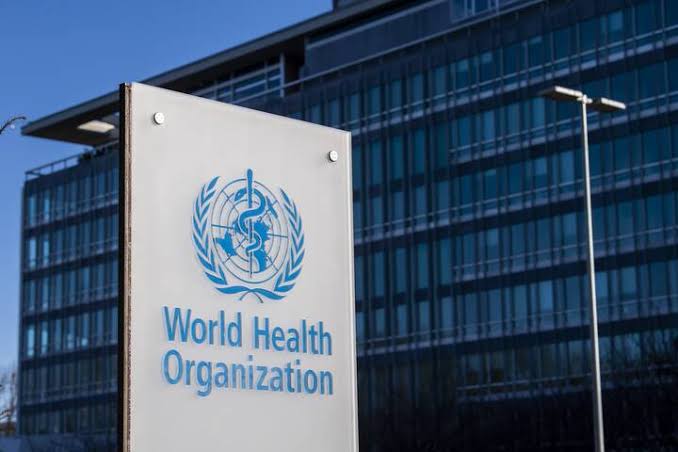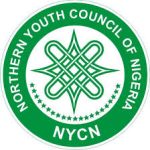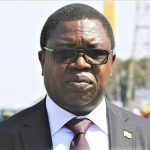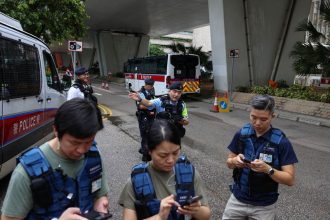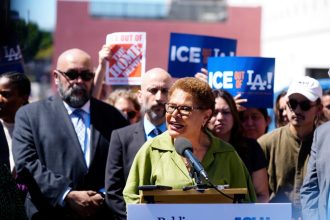The World Health Organisation has called on Nigeria to increase public health spending to at least 20 per cent of total health expenditure.
WHO Regional Director, Prof. Mohamed Janabi, made the call on Thursday in Abuja at the ongoing National Health Financing Dialogue, themed “Reimagining the Future of Health Financing in Nigeria.”
Janabi stated that sustainable healthcare financing remained the backbone of resilient health systems.
He stressed that increased investment would reduce out-of-pocket payments, protect households, and strengthen pooling and prepayment mechanisms.
He added that evidence-based decision-making, such as cost-effectiveness and equity analyses, should guide fair and efficient resource allocation.
Commending Nigeria’s recent health sector reforms, Janabi described them as timely and commendable.
“With more than 223 million citizens, how the country finances health is vital for the well-being of its people and the future of the continent.
“Healthier populations are more productive, more resilient to shocks, and better positioned to drive inclusive growth.
“Nigeria’s progress is encouraging. The Basic Healthcare Provision Fund, the National Health Insurance Authority Act, and the expansion of state-level insurance schemes are steps in the right direction,” he said.
Janabi also highlighted equity and investment units, along with parliamentary engagement through the Legislative Network for Universal Health Coverage, as models that could inspire other African countries.
The Commissioner for Health, Humanitarian Affairs, and Social Development at the African Union Commission, Amb. Amma Twum-Amoah, emphasised the need for Africa to prioritise health security using its abundant resources.
She noted that robust health systems, anchored by the African Medicines Agency and strengthened by effective regulatory frameworks, were essential to withstand future pandemics, floods, and droughts.
“Amid today’s financing constraints, Nigeria has charted a bold path by approving 1.7 billion dollars for the HOPE Projects to strengthen governance, expand primary healthcare, and improve nationwide service delivery.
“This reflects vision and courage. Indeed, Nigeria’s leadership is critical, and we look to you not to disappoint Africa,” she said.
Twum-Amoah also reminded participants that the dialogue emphasised the 2001 Abuja Declaration and the 2013 Abuja+12 Declaration, in which African leaders committed to allocating at least 15 per cent of national budgets to health.
Also speaking, Permanent Secretary at the Ministry of Health and Social Welfare, Ms. Daju Kachollom, said the dialogue represented a launchpad for bold and coordinated action, repositioning health financing as a sovereign, strategic, and economic priority.
She revealed that President Bola Tinubu had directed the Secretary to the Government of the Federation to issue a service-wide circular mandating all Ministries, Departments, and Agencies (MDAs) to implement health insurance.
“The directive is in line with the provisions of the National Health Insurance Authority Act, 2022.
“You can be assured that the ministry will lead the charge from the front. Mandatory health insurance is here to stay,” she said.
NAN reports that the four-day dialogue, which concluded on Thursday, brought together policymakers, development partners, health financing experts, civil society, academia, private sector players, health insurers, and the media.
The event aimed to establish a strong evidence base and build a data-driven foundation to support increased and sustained financing commitments.
The goal is to build on recent progress and translate high-level commitments into actionable strategies for sustainable health financing in Nigeria.
NAN


